The success of the far right and the end of Germany’s grand coalition government have introduced new uncertainties into the politics of Europe’s most powerful country. What are the main implications for Germany, the EU, and global affairs?
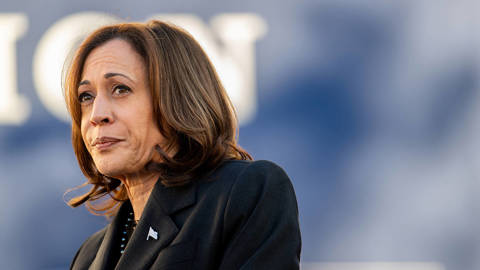
The success of the far right and the end of Germany’s grand coalition government have introduced new uncertainties into the politics of Europe’s most powerful country. What are the main implications for Germany, the EU, and global affairs?
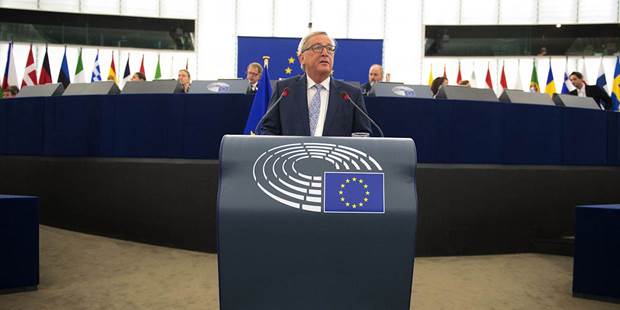
Oct 4, 2017 Hans-Helmut Kotz warns the European Union's would-be reformers not to count on the support of Germany's next government.
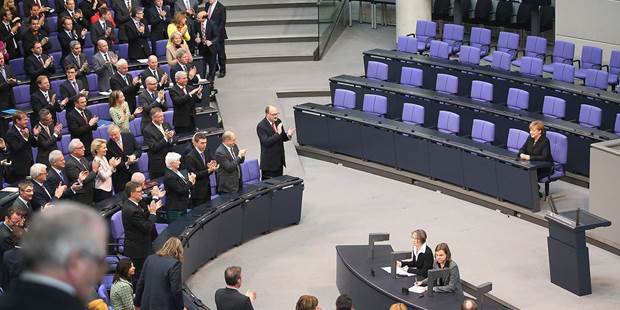
Sep 26, 2017 Daniela Schwarzer notes that while the center held in Germany's federal election, the policy consensus is weakening.
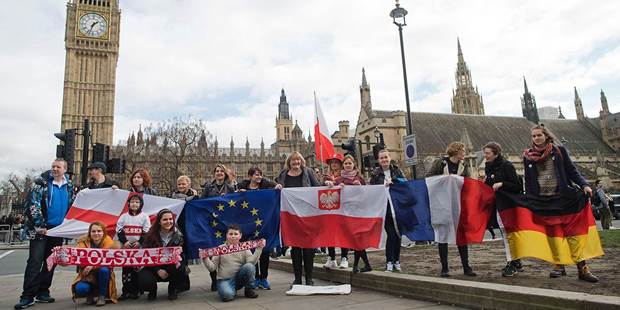
Sep 26, 2017 Anatole Kaletsky believes that the EU's survival requires simultaneous breakthroughs in Berlin, Brussels, London, and Paris.
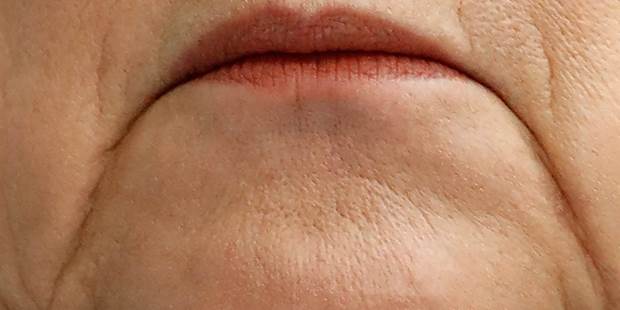
Sep 26, 2017 Joschka Fischer says the fate of Europe's most stable democracy and largest economy now hangs in the balance.
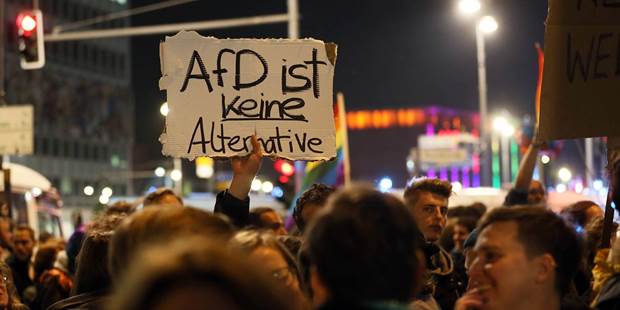
Sep 25, 2017 Harold James argues that a stable European order may be the Federal Republic's strongest democratic bulwark in the coming years.
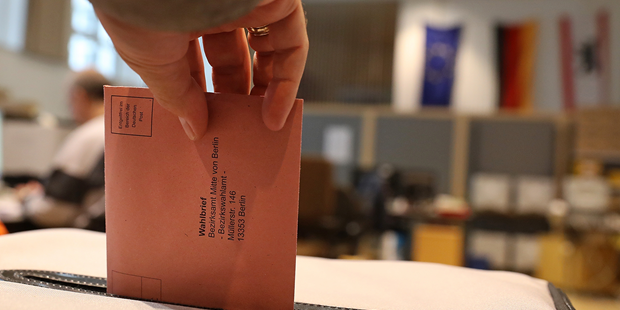
Sep 25, 2017 Clemens Fuest highlights five major policy challenges that the new government will face in the coming years.

Jul 17, 2024 Adekeye Adebajo
Jul 19, 2024 Pinelopi Koujianou Goldberg
Jul 18, 2024 Eric Parrado
Jul 17, 2024 Shlomo Ben-Ami








